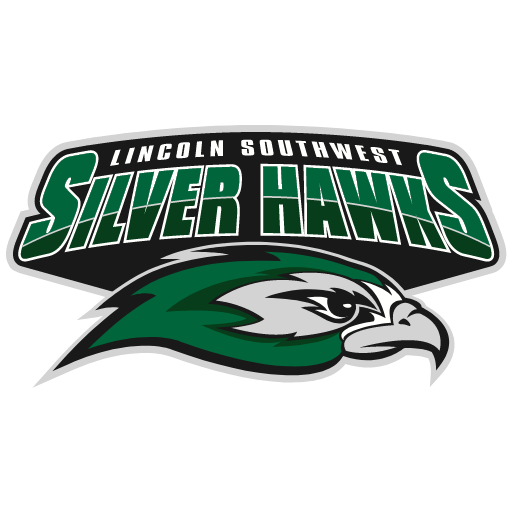Worried About Paying For College?
In these tough economic times, when students and families are worried about how to make ends meet more than ever, paying for college can seem like an impossible burden. Thankfully, there are many programs and resources available for students who meet the income requirements to qualify for free/reduced meals at school. Even if you have no intention of eating at school, completing the application for free/reduced meals is the first step in qualifying for several of these programs. Families can learn more and complete the application for free/reduced meals.
If your family qualifies for free/reduced meals, please contact your LSW counselor to let us know you’re interested in connecting with any of the resources/programs described below. Additional programs and scholarships can be found on the EducationQuest website. Students and families may also schedule an appointment with Amanda Ludwig, EducationQuest College Planning/Financial Aid Specialist, for free assistance with college planning (including filing the FAFSA).
ACT or SAT Registration Fee Waiver – These waivers cover the cost of registering to take the ACT or SAT. Students can generally receive two waivers for each of these tests. Waivers are available from your school counselor. Please make your request well in advance of any registration deadlines.
Waiver of College Application Fees – Colleges and universities will frequently waive or reduce the application fee for students who qualify for free or reduced meals. Work with your school counselor to explore this possibility well ahead of any application deadlines.
ACE Scholarship – Pays tuition and required fees for qualified, low-income high school students to enroll in college courses from Nebraska’s colleges or universities, either through dual-enrollment or early enrollment agreements with these institutions. Learn more and apply on the ACE Scholarship Program website.
Learn to Dream Scholarship – The Learn to Dream Scholarship covers tuition and fees for up to 60 credit hours of courses at Southeast Community College. Any LPS student who qualifies for free/reduced meals in high school will receive the Learn to Dream scholarship as long as they apply. This scholarship can also be used to pay for dual credit classes taken for credit through SCC while still in high school. Learn more on the Learn to Dream website and contact your school counselor to apply.
Foundation for Lincoln Public Schools Scholarships – Opportunities just for LPS students, awarded based both on need and merit. Visit the Foundation website for more details and to apply for these scholarships. The application process typically begins in mid to late fall.
Know the Basics of Scholarships
Every year, thousands of dollars in scholarship money is not used because students did not apply for scholarships they are qualified for. Many students feel that scholarships are only awarded to seniors with the highest GPA or college admission test scores. While those factors are important for both college admissions and academic scholarships, a wide range of scholarships are available to students which are based upon interests, participation in extra-curricular activities and/or athletics, religion, organizations that they or their parents may belong to, career interest areas, fine arts, parents’ employment, and many other specialty areas.
There are many excellent scholarship searches available to students; however, it is important to remember that students and their families should never pay for a scholarship search to avoid getting caught in the many scholarship scams that occur on an annual basis. If a scholarship opportunity sounds too good to be true, it usually is.
The LSW Counseling Center recommends using ScholarshipQuest when searching for scholarships associated with organizations in Lincoln, Southeast Nebraska, or the state of Nebraska.
How Financial Aid Works
The U.S. Department of Education’s office of Federal Student Aid provides more than $120 billion in financial aid to help pay for college or career school each year. For most students planning to attend college or career school, financial aid is essential. Federal student aid comes from the federal government— specifically, the U.S. Department of Education. It’s money that helps a student pay for education expenses at a college, career school, or graduate school. Federal student aid covers such expenses as tuition and fees, room and board, books and supplies, and transportation. Aid also can help pay for a computer and for dependent care. Completing the FAFSA is the first step toward receiving financial aid to help pay your college expenses. Nearly every student should complete this step in the fall of their Senior year, regardless of whether they think they’ll qualify for financial aid.
There are three main categories of federal student aid:
- Grant—Grant money usually doesn’t have to be repaid. Most U.S. Department of Education grants are based on a student’s financial need.
- Work-Study—Work-study money is earned by a student through a job on or near campus while attending school and does not have to be repaid.
- Loan—Loan money must be repaid with interest.
The U.S. Department of Education is the main source of financial aid for college, but it isn’t the only source.
- Visit StudentAid.gov to find out about education funding available from other federal agencies.
- Visit Nebraska’s Coordinating Commission for Postsecondary Education to find out about money available from state government.
- Visit the websites of your top colleges or ask their financial aid office about money the school offers its students.

